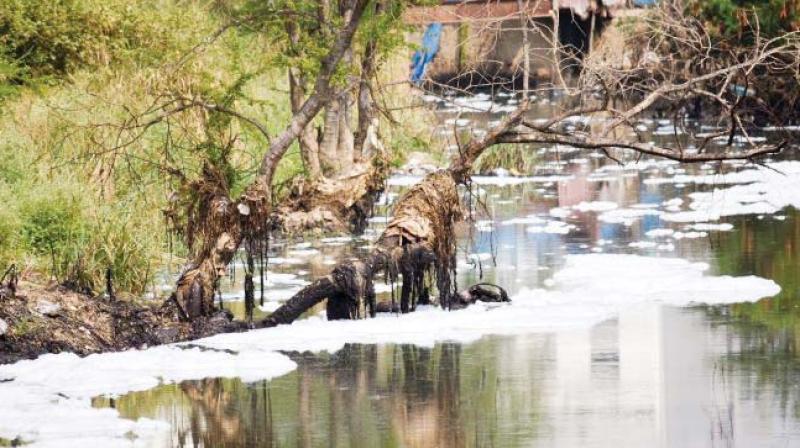Decentralise lake management'
The KLCDA had its share of problems no doubt, it was highly understaffed and limited in terms of the powers it was allowed.

The dismantling of the KLCDA and transferring urban lakes to the minor irrigation department a good idea? The KLCDA had its share of problems no doubt, it was highly understaffed and limited in terms of the powers it was allowed. Also, the distribution of custody of Bengaluru's lakes between BBMP, BDA, KFD and KLCDA was very confusing. However, the MID has only managed irrigation tanks and its track record in that isn't very successful. How then, is it qualified to manage urban lakes for the multiple objectives of biodiversity conservation, lung space, ground water recharge and possible the storage of treated sewage?
The larger problem remains unaddressed and most likely, unrecognised Lake custodians can do little beyond beautifying lake edges unless they control what happens in the lake catchment and the water contained in it. Today, the BBMP controls the stormwater drains that bring in water and the building codes that determine water demand and the handling of sewage. It also manages solid waste that might end up in the lake. BWSSB lets sewage into streams and lakes, or treats it nominally before it does so. The Fisheries department auctions fishing rights in the lake water. Unless a single agency has the ability to regulate or oversee these functions, lakes will continue to dry out or stay polluted. At best, problems will be transferred downstream, as is the case with Bellandur and Varthur lakes.
The solution is not in concentration of power in a single body. Decentralisation and democratisation of urban lake governance is the way forward. BWSSB controls water and sewage of Bengaluru but isn't directly accountable to its citizens., BBMP is the only agency that remains accountable to the people of Bengaluru. Giving the latter jurisdiction of all lakes, empowering them to regulate BWSSB's plans for water and wastewater so as to benefit the waterbodies and the handing over of day-to-day management to ward level committees or citizen groups which will function under BBMP regulation

